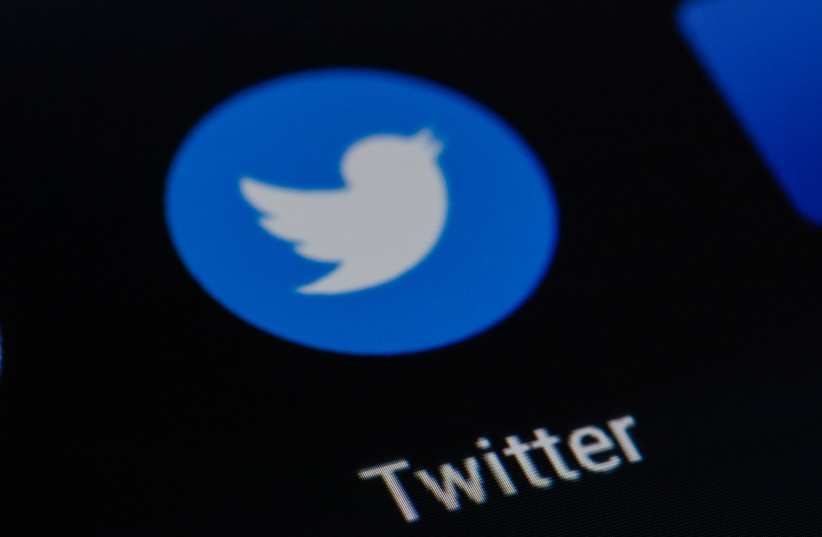Twitter’s CEO Elon Musk was spotted attending the World Cup this week. He tweeted about the epic game on his platform to his 122 million followers. However, on Twitter, there have been renewed concerns over policy chaos at the top after some journalists were suspended and then new confusing rules about linking to other sites were rolled out.
It wasn’t entirely clear, but after a day of apparently banning links to other platforms such as Facebook or Mastodon, Twitter reversed course on this controversial policy.
It was expected that when Musk took over Twitter that there would be changes. Some people have cheered those changes, expecting the platform to be less bureaucratic in terms of “content moderation” and more into the freedom of expression.
For years, it had appeared that Twitter had gone from being a place where people tweeted and followed who they wanted to a place where algorithms and teams in the shadows were amplifying some trends and causes and were accused of “shadowbanning” others. Why would a handful of people at a company know what users want to see? How can they know if “Ukraine” should trend and not “India,” for instance? The view from California may be different than the view that millions of users want.

The major and important changes on Twitter over the years and its impact on the Middle East
However, there were very real and important changes that Twitter had gone through over the years, along with other social media, to crack down on racism, support for terrorism and then what is called “misinformation.” When it comes to supporting extremism and terror groups, platforms like Twitter did a good job getting rid of large numbers of accounts that had backed groups like ISIS.
This had a major impact on the Middle East because extremists harnessed social media in 2013-2014 to help influence the world. This radicalized many young men and women. Some of those people joined ISIS, part of the 50,000 or more volunteers from around the world who went to Iraq and Syria illegally to participate in the conflict. Some of these volunteers committed genocide against Yazidis and other minorities.
That means the Middle East was deeply impacted by Western social media giants. Those giants may not have done enough to ban inflammatory extremist language in the past. For instance, a lack of Arabic speakers might have meant it was harder to moderate content that uses terms of hate in other languages, such as referring to minorities in the Middle East as “kuffar” or “infidels.” It is thus important that social media giants know what users locally may be saying if they use local terms that can drive extremism. For instance, during the Rwanda genocide in 1994, the code used by Hutu extremists on the radio to encourage the genocide of Tutsis was “cut down the tall trees.” Social media giants today can sometimes be exploited by extremists, as the radio was by extremists in the 1990s.
Therefore, the recent month at Twitter can be concerning for those in the Middle East who don’t want to see policy chaos lead to any extremists re-entering the platform. At the same time, confusing policy changes can lead to legitimate accounts being suspended or banned.
It’s important that rules exist. Musk, who watched the World Cup, surely knows the importance of rules and order, because the beautiful game played out between France and Argentina was made possible by rules. Rules keep the game moving forward and also prevent riots by fans or fighting by the players.
Twitter and other social media sites have an important role to play in the region. They can help dissidents find a voice, such as those covering the protests in Iran. But authoritarian regimes also want to regulate what people say on social media, or even try to find out who is behind critical accounts. It is important social media giants play a role in not letting extremists or authoritarians exploit the values and openness that the internet promises.
At the same time, too much of a free-for-all or policy chaos and constant changes can give extremists a window back into social media and can cause chaos in the Middle East and destabilization. All of this is important and there is a balance that can be had between openness and freedom of expression, and not being a place for extremists that can harm minorities or the region.
Musk has now put out a poll asking if he should step down as head of Twitter. This is important, but more important is having the guardrails that make the platform work for its users and also for those impacted by it.
